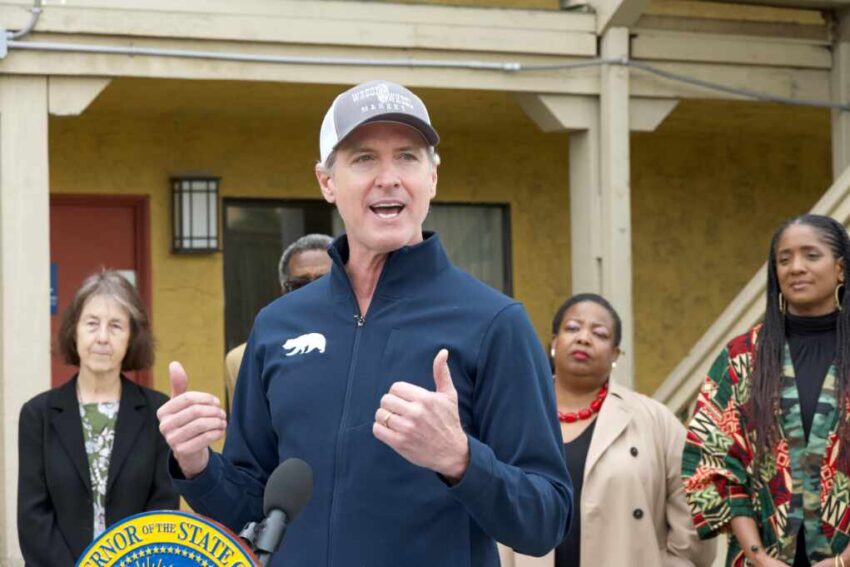Governor Gavin Newsom’s approval of CEQA rollbacks in the state budget removed environmental reviews from key infrastructure and housing projects, sparking lawsuits and community protests.
At a Glance
- The legislature passed AB 130 and SB 131 on June 30, 2025.
- AB 130 exempts certain infill housing projects in urban zones from CEQA review.
- SB 131 waives CEQA requirements for wildfire mitigation and manufacturing expansions.
- The CEQA rollbacks were attached to the $321 billion state budget.
- Environmental groups warn of unchecked habitat and pollution risks.
Legislative Fast Track
Lawmakers inserted AB 130 and SB 131 into the state’s $321 billion budget as trailer bills, ensuring the budget could not take effect without the CEQA changes. The measures cleared both houses after last-minute amendments secured labor union support, bypassing regular committee hearings.
AB 130 lifts CEQA review for infill housing developments in designated urbanized areas, aiming to accelerate construction amid a statewide housing shortage that saw just 70,000 new units in 2024. SB 131 extends exemptions to wildfire prevention, advanced manufacturing plants, and broadband upgrades—projects previously subject to environmental impact analyses.
Watch a report: Inside California’s CEQA Overhaul.
https://www.politico.com/news/2025/06/30/california-landmark-environmental-ceqa-housing-00434678
Industry Gains and Union Deals
Pro-development groups such as the California Chamber of Commerce hailed the reforms as vital to clear red tape and unlock stalled projects. The California YIMBY coalition argued that removing CEQA barriers could deliver tens of thousands of homes and critical clinics more quickly. The budget deal also earmarks $500 million in homeless assistance to secure additional votes.
Key labor unions, including the Service Employees International Union, endorsed the package after securing language to protect collective bargaining for construction workers. Supporters claim the changes will reduce permitting timelines from years to months, projecting up to 80% faster approvals for eligible projects.
Environmental and Legal Backlash
Environmental organizations such as the Sierra Club and the Natural Resources Defense Council condemned the rollbacks as an “abdication of California’s environmental leadership,” warning that projects will proceed without scrutiny of wildlife corridors, air quality, and water resources. Tribal nations also raised concerns over curtailed consultation requirements that could endanger sacred lands.
Critics predict a surge in litigation as local groups seek to challenge developments under alternative statutes like the California Endangered Species Act, potentially offsetting speed gains. Municipal officials have voiced alarm that expedited reviews may overlook climate resilience and flood control measures in vulnerable regions.
Governor Newsom defended the reforms as “essential to tackle our housing and infrastructure crises,” promising forthcoming guidelines to safeguard sensitive ecosystems beyond exempted categories. Observers say the true impact will hinge on how state agencies implement the new exemptions and whether local jurisdictions adopt complementary zoning reforms.
Click this link for the original source of this article.
Author: Editor
This content is courtesy of, and owned and copyrighted by, https://thecongressionalinsider.com and its author. This content is made available by use of the public RSS feed offered by the host site and is used for educational purposes only. If you are the author or represent the host site and would like this content removed now and in the future, please contact USSANews.com using the email address in the Contact page found in the website menu.








